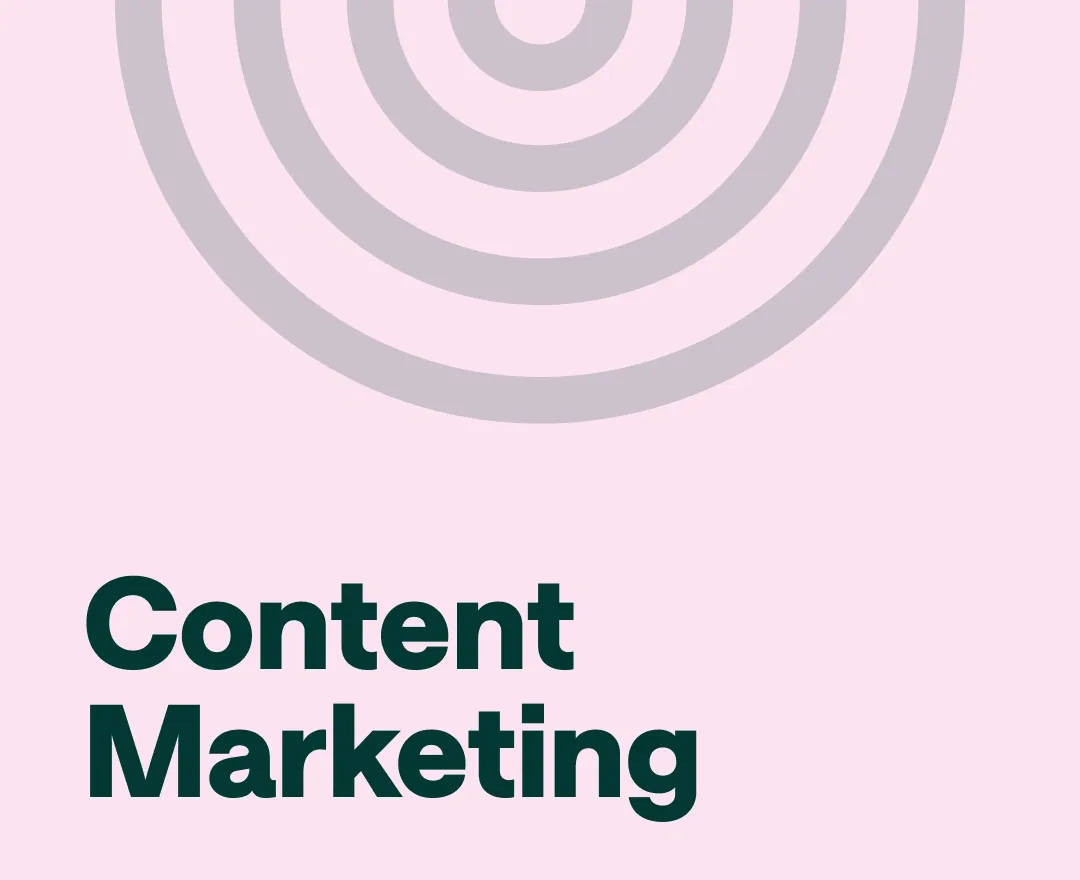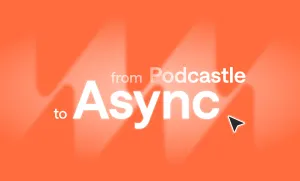Content marketing has become an essential strategy for businesses seeking to engage with their target audiences. However, as technology advances at an unprecedented pace, the content marketing landscape is on the brink of a transformative shift. Artificial Intelligence (AI) is poised to revolutionize the industry, offering content marketers powerful tools to understand their audiences better and create more successful tactics.
Integrating AI into content marketing promises to deliver personalized consumer experiences, catering to their unique tastes and interests. By harnessing AI-based technology, marketers can craft material that resonates on an individual level, thereby establishing deeper connections with their audiences.
One of the key advantages of AI-based content marketing lies in its ability to automate processes that were once time-consuming and labor-intensive. By leveraging automation solutions empowered by AI, marketers gain access to previously unattainable data and capabilities. This transformative shift will fundamentally alter how companies approach content marketing in the coming years, enabling them to offer customers a wide range of tailored experiences, including special offers, personalized blog posts, product recommendations, and customized emails. Let's dive into some of the ways that AI is revolutionizing the content marketing industry.
AI in social media content creation
Social media management has become a critical aspect of content marketing strategies. As the demand for captivating content grows, marketers are turning to social media AI-assisted content creation to streamline their social media efforts and effortlessly create engaging content.
AI-powered social media management tools offer a wealth of benefits to content marketers. They utilize advanced algorithms and natural language processing to generate posts based on detailed prompts. With just a few input parameters, marketers can receive tailored content suggestions that align with their brand's voice and objectives. This feature saves valuable time and eliminates the need for brainstorming, allowing marketers to focus on other crucial aspects of their campaigns.
You likely already use some AI-powered tools, like a plagiarism checker, but they can also summarize content from various sources and condense it into concise, attention-grabbing posts. These tools enable marketers to share relevant insights with their audience efficiently by extracting key information and distilling it into digestible snippets, a functionality that is particularly valuable when curating industry news, research findings, or blog articles. This empowers marketers to provide value to their followers while maintaining their brand's social media presence.
In addition to enhancing content creation and audience engagement, AI can also be a powerful tool in sales promotion. By leveraging AI algorithms and data analysis, marketers can uncover valuable insights about consumer behavior and preferences, allowing them to design effective strategies. There are many sales promotion examples, where AI is used to create personalized coupons or discounts for customers, or to run contests and giveaways. AI can also be used to track customer behavior and identify opportunities for upselling or cross-selling.
Recognizing patterns in user behavior
AI can automatically deploy targeted messaging to customers by analyzing vast data. Specific algorithms can identify consumers' preferences, needs, and behaviors, allowing marketers to deliver highly relevant content directly to them. This level of personalization increases customer engagement and enhances the return on investment (ROI) for ad campaigns, resulting in more effective and efficient marketing efforts.
AI-powered advertising has emerged as a game-changer in the realm of targeted marketing. With its advanced algorithms and data analysis capabilities, AI provides greater accuracy in identifying and reaching the right customers. By leveraging demographics, interests, and other relevant data, AI ads optimize ad placement by automatically selecting the best-performing channels, ensuring maximum visibility and engagement.
One of the big strengths of AI in advertising lies in its ability to optimize content for delivery across different platforms. Each social media platform, search engine, or website has its unique audience and format requirements. AI algorithms can analyze these nuances and adapt the content accordingly, ensuring it resonates with users on each platform. This optimization ensures that the content reaches the right people at precisely the right time, enhancing the chances of capturing their attention and driving desired actions.
Digital product mockup tools
AI can be used in marketing and design, helping create compelling presentations for clients and product packaging. Traditionally, designers and marketers would rely on physical prototypes or printed mockups to showcase their packaging designs. However, this process has been revolutionized thanks to the emergence of digital product mockup tools, offering numerous efficiency, accuracy, and sustainability benefits.
Digital product mockup tools allow marketers and designers to preview product packaging in the design process quickly and accurately. Users can digitally apply their packaging designs onto virtual product models, providing a realistic representation of how the final product will look. With a wide range of customizable templates, designers can easily experiment with different packaging variations, colors, textures, and branding elements to find the perfect visual presentation for their clients.
Machine learning or natural language processing
Marketers can use things like machine learning or natural language processing algorithms to develop relevant subjects based on user input. Imagine how much easier this makes creating content for a target demographic!
Machine learning algorithms can analyze expansive amounts of data to uncover target audiences' patterns, preferences, and behaviors. By leveraging this data-driven approach, marketers can gain valuable insights into their audience's interests, needs, and demographics. This information is foundational for creating content tailored to engage with their target audience and capture their attention.
Natural language processing (NLP) algorithms play a crucial role in content development by enabling machines to understand and analyze human language. NLP algorithms can extract meaning, sentiment, and context from textual data, allowing marketers to better understand their audience's preferences and tailor their content accordingly. This level of understanding enables marketers to create compelling, personalized content that resonates with their audience more profoundly.
This also allows a high level of automation in the communications with users. Machines that are able to understand, elaborate and connect concepts to a high degree can also be useful in solving issues, for example, in customer service situations. An AI chatbot is capable of using machine learning technology to understand and help solve customer concerns on a much deeper level than a programmed auto-responder. The result is a super-personalized type of communication with customers, potential customers and users of websites and internet services.
Another powerful application of machine learning and NLP in content marketing is the ability to generate relevant subjects based on user input. By analyzing user queries, interactions, and historical data, algorithms can identify common themes and topics that align with the target audience's interests. This capability empowers marketers to generate fresh, engaging subject ideas that are likely to capture their audience's attention, leading to increased engagement and brand loyalty.
AI-powered editing for broadcast storytelling
Suppose your content type of choice is podcasting. In that case, you can get a studio-quality recording, along with AI-powered editing and seamless exporting, in a single web-based platform with Podcastle. Be sure to read more about how easy we make it to create quality podcast content.
Over to you
In conclusion, the integration of Artificial Intelligence (AI) into content marketing is revolutionizing the industry. AI enables personalized consumer experiences, automates time-consuming processes, and enhances efficiency and accuracy. From social media content creation to recognizing user behavior patterns, AI-powered tools offer targeted marketing, optimized content delivery, and innovative design solutions.
Machine learning and natural language processing algorithms uncover audience insights, generate relevant subjects, and drive engagement. In podcasting, AI-powered editing tools provide studio-quality recordings and seamless exporting. Embracing AI technology is crucial for businesses to stay ahead and succeed in the ever-changing digital landscape. Elevate your content marketing strategies by harnessing the transformative capabilities of AI. The future of content marketing is now, and it's powered by AI.








